City Mobility
Simulator
A high-performance digital twin solution
for city-scale transport systems
LATEST NEWS:
CityMoS, the City Mobility Simulator, is software designed to create and study virtual copies, or digital twins, of both existing and planned transport systems. This includes everything from roads and vehicles to public transport and traffic lights.
With CityMoS, planners and operators can see how changes in the transport system might impact traffic flow, emissions, or overall efficiency. For instance, they can analyse the effects of switching to electric buses or redesigning intersections on reducing carbon emissions.
CityMoS allows for the re-creation and analysis of areas ranging from individual roads and neighbourhoods to entire cities, providing valuable insights for urban planning and development. CityMoS is best suited for analysis and planning, not for live monitoring.
CityMoS is an agent-based, microscopic simulator, meaning vehicles are simulated as individual entities. What sets CityMoS apart from other solutions is its high performance, unlocking applications and use cases previously not suited for high-detail simulation.
CityMoS can simulate millions of vehicles and drivers over multiple days, enabling the analysis of entire cities or highway networks, running on consumer hardware without the need for an expensive computing infrastructure.
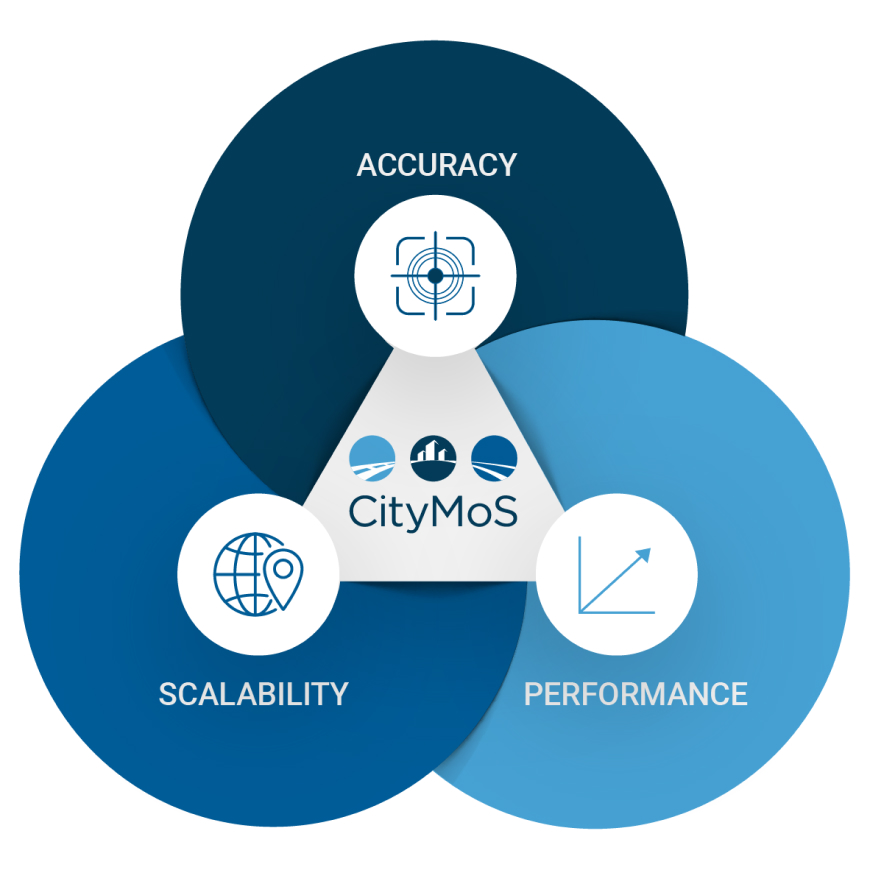
ACCURACY
SCALABILITY
PERFORMANCE



APPLICATION AREAS
MEDIA COVERAGE
OUR COLLABORATORS
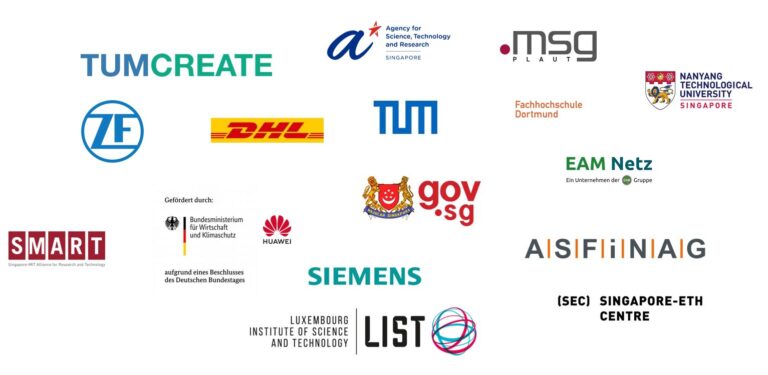
APPLICATION AREAS
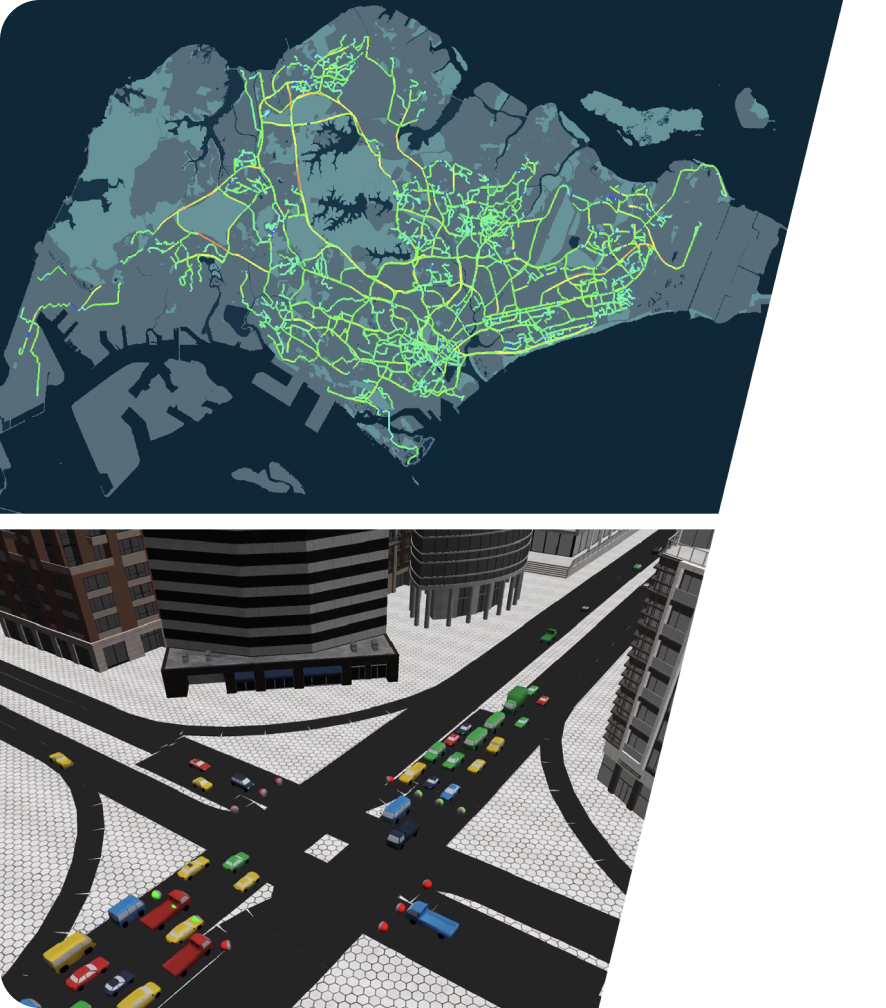
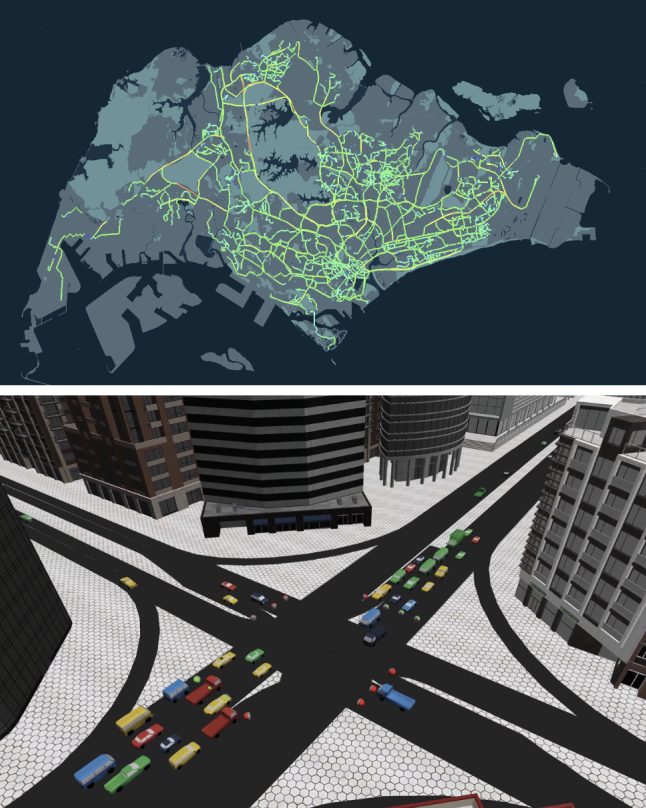
Analysing Private, Public, and Commercial Transport
Detailed Public Transport Simulation
APPLICATION AREAS

Transport System Electrification
CityMoS can analyse spatiotemporal energy consumption and charging demand. CityMoS supports the planning of charging infrastructure, resources, and incentive policies. It can also help strategize the electrification of the public transport system by identifying the bus lines which can be electrified and the impact of taxi/private hire car fleet electrification.
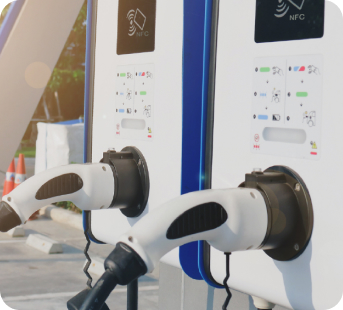
Environmental Aspects
CityMoS can also be used to accurately study mobility-related environmental parameters on a city-scale such as fuel consumption, emissions of pollutants (e.g. CO or NO ), and heat caused by traffic. Additionally, CityMoS also serves as a simulation tool to study the impact of alternative fuels such as hydrogen to support more sustainable transport.

Holistic Analysis
CityMoS can be integrated with other models to study the effects of, e.g, weather or complex human behaviour. It can be coupled with other software such as power systems simulators. This enables CityMoS to examine if the underlying electric grid can support the demand caused by electric vehicles, and in turn support charging infrastructure planning.
APPLICATION AREAS
Operation Optimisation
Logistics & Traffic Management
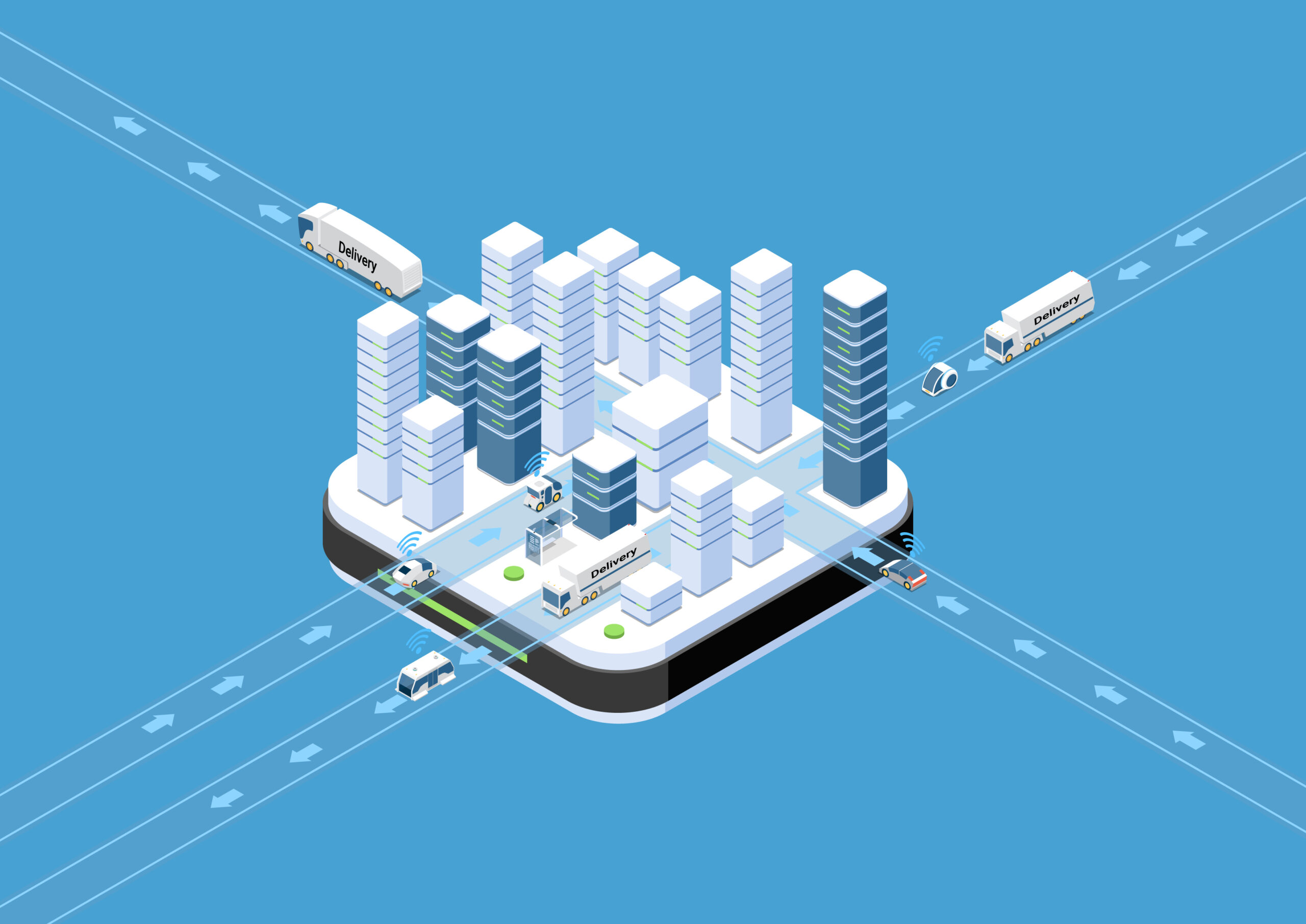
Charging & Energy Management
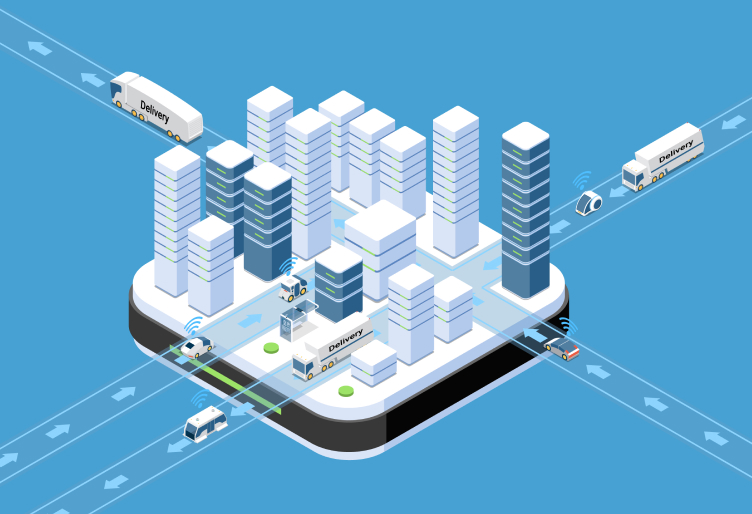

Fleet Performance
Evaluation of holistic operation metrics
APPLICATION AREAS
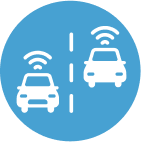
Car-to-X
Communication


Advanced Driver
Assistance Systems

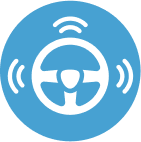
Autonomous
Transport

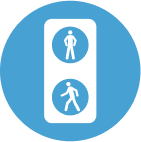
Modern Traffic
Control Centres
